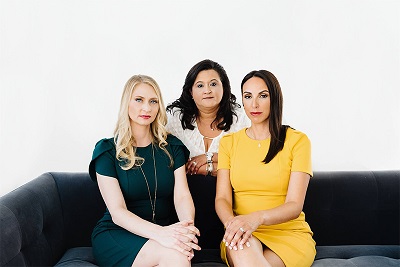The outcome of your child custody case can have tremendous implications for your child as well as your contact and relationship with them. That might put you on edge, but you can’t let your nervousness impact your ability to build strong legal arguments. That’s why it’s important that you know how the law applies to your case and how you can use it to your advantage. One option you may have at your disposal is a child custody evaluation.
What is a child custody evaluation?
A child custody evaluation is an examination from a counselor, therapist, social worker or other mental health professional to determine what child custody arrangement is best for the child. As part of the evaluation, the person appointed to conduct the examination must do each of the following:
- Interview the parents
- Interview the child
- Observe parenting time between each parent and the child
- Review all relevant records, which may include educational, medical, mental health and law enforcement records
There are other steps that the evaluator may take, too, such as conducting a mental health examination of the parents and the child and interviewing other individuals who have important information about the family’s dynamics.
How is a child custody evaluation obtained?
There are two ways that an evaluation can come about. First, the parties can simply agree to an evaluation. They can then also agree to who should conduct the evaluation. If they don’t agree on an evaluator, the court will appoint one.
The second way that an evaluation can be implemented is through court order. Here, if one person objects to a child custody evaluation, the court will hold a hearing on the matter. The court will then have to determine whether the evaluation is necessary for its determination.
How is a child custody evaluation used?
A child custody evaluation culminates in a written report that is submitted to the parties. The judge then uses this evaluation as evidence to help support their ruling if it’s submitted to the court as evidence during a trial.
Although these evaluations carry a significant amount of weight, they’re not infallible. If you and the child’s other parent can’t resolve the matter prior to trial, you’ll probably have the ability to question the evaluator to draw the credibility of the report into question if doing so supports your position. The other side will have that opportunity, too.
Should you request a child custody evaluation?
It depends on the circumstances. If you think the evaluation will clearly show that your position is the correct one, an evaluation may be the most powerful evidence you can obtain. If, on the other hand, the facts are murkier, you might want to exercise caution when deciding whether a child custody evaluation is right for your position. And if you suspect that a child custody evaluation is going to hurt your case, you need to be prepared to aggressively fight it.
Don’t leave your child’s best interests to chance
Given the implications associated with the outcome of your child custody case, you have to have strong legal arguments to protect your position and your child’s best interests. As stressful as it can be to navigate these matters, you can take comfort knowing that you don’t have to face them on your own. An aggressive law firms like ours can help alleviate the burden by helping you assess, build and present your case.


